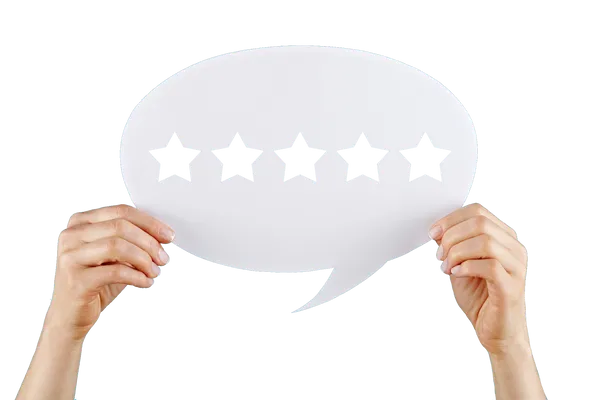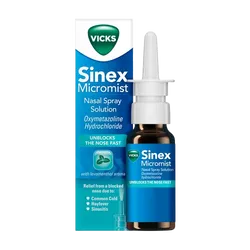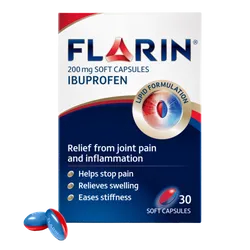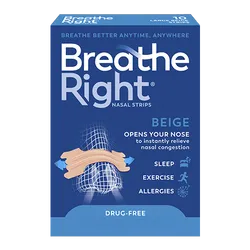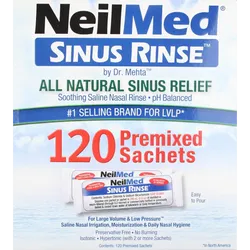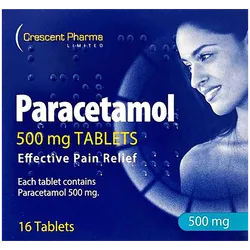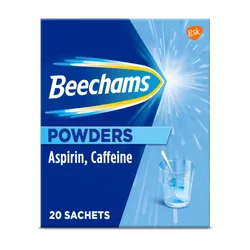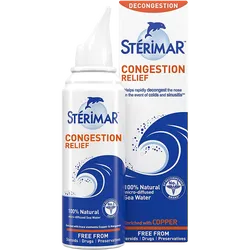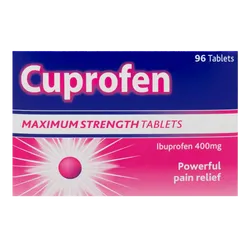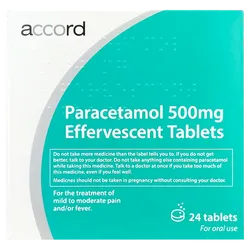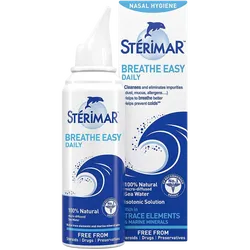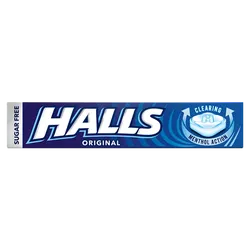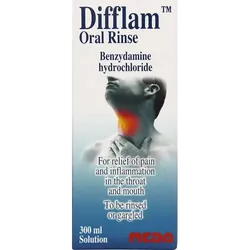If anyone has too much, contact a doctor or your nearest Accident and Emergency Department (Casualty) taking the leaflet and pack with you.
If you forget to give the medicine You should only give this medicine as required following the dosage instructions above carefully. If you forget to give a dose, give the next dose when needed provided that the last dose was at least 6 hours ago. Do not give a double dose.
Do not give your child this medicine:
- If s/he has ever had a bad reaction to this product or any of the ingredients.
- If he suffers from prostate problems (difficulty with passing water or needing to pass water often).
- If s/he suffers from or has had closed angle glaucoma (increased pressure in the eye).
- If s/he is taking, or has taken in the last two weeks, drugs for depression known as Monoamine Oxidase Inhibitors (MAOIs).
- If s/he is taking any other cough and cold medicine.
- If s/he is aged under 6 years old.
If any of these apply, get advice from a doctor or pharmacist without using Benylin Children's Night Coughs.
Talk to your doctor or pharmacist:
- If your child suffers from liver or kidney problems.
- If your child has difficulty passing water (urinary retention).
- If your child has a persistent cough such as occurs with asthma, has asthma, is suffering from an asthma attack or a cough that produces a lot of mucus (phlegm).
- If your child is taking any other medicines containing codeine (sometimes used as a pain killer).
- If you have been told by your doctor that your child has an intolerance to some sugars.
Talk to your doctor if your child is taking any other medicines, including:
- Antimuscarinic / anticholinergic drugs e.g.: tricyclic antidepressants (drugs to treat mood disorders), atropine (used to treat some eye conditions and occasionally bowel conditions).
- CNS depressants e.g.: barbiturates (a kind of sleeping tablet).
- minor tranquillisers (drugs used to relax muscles or decrease anxiety).
- opioid analgesics (drugs used to relieve pain e.g. codeine, tramadol, morphine).
- antipsychotics (drugs used to treat mood disorders).
If you are not sure about any of the medicines your child is taking, show the bottle or pack to your pharmacist.
If any of these bullet points apply now or in the past, talk to a doctor or pharmacist.
Ask your doctor or pharmacist for advice before taking this medicine if you are pregnant or breast-feeding.
This product can make some people feel drowsy, dizzy or have blurred vision. Make sure that your child is not affected if he or she is going to do anything where they need to be alert. Be especially careful if the child is taking another medicine which may also cause drowsiness.
If an older child or adult is taking the medicine remember that this product may cause drowsiness, dizziness or blurred vision. Do not drive or operate machinery if you are affected. Avoid alcoholic drink.
Some of the ingredients can cause problems
This medicine contains sorbitol 70% (non crystalline). If you have been told by your doctor that your child has an intolerance to some sugars contact your doctor before taking this medicinal product.
This medicinal product contains 5 vol % ethanol (alcohol), i.e. up to 200 mg per 5 ml, equivalent to 5 ml beer, 2 ml wine per 5 ml. This can be harmful for those suffering from alcoholism. To be taken into account in pregnant or breast-feeding women, children and high-risk groups such as patients with liver disease or epilepsy.
This medicinal product contains 16.47 mg sodium per 5 ml. To be taken in consideration by patients on a controlled sodium diet.
If your child experiences any of the following, stop using the medicine and seek immediate help:
- Allergic reactions including skin rashes (which may be severe and include blistering and peeling of the skin) and itching.
- Rarely people can experience fits.
- Rarely abnormal blood test results for liver function.
If your child experiences any of the following, stop using the medicine and talk to your doctor:
- Rarely people can have an irregular heartbeat or an increased awareness of the heartbeat (palpitations).
- Sleep disturbances.
Other effects that may occur include:
- Commonly: drowsiness, including some difficulty performing tasks.
- Commonly: headache, upset stomach, difficulty in passing urine, stimulation, blurred vision, dry mouth, thickened mucus.
- Rarely: low blood pressure, tremor, shakiness, slurred speech, dizziness, confusion, depression.
- Rarely: blood disorders.
If your child experiences any side-effects not included in this leaflet, or you are not sure about anything, talk to your doctor or pharmacist.
Store below 30ºC.
Keep the product out of the reach and sight of children.
Do not use your medicine after the date shown as an expiry date on the packaging.
Medicines should not be disposed of via wastewater or household waste. Ask your pharmacist how to dispose of medicines no longer required. These measures will help to protect the environment.
